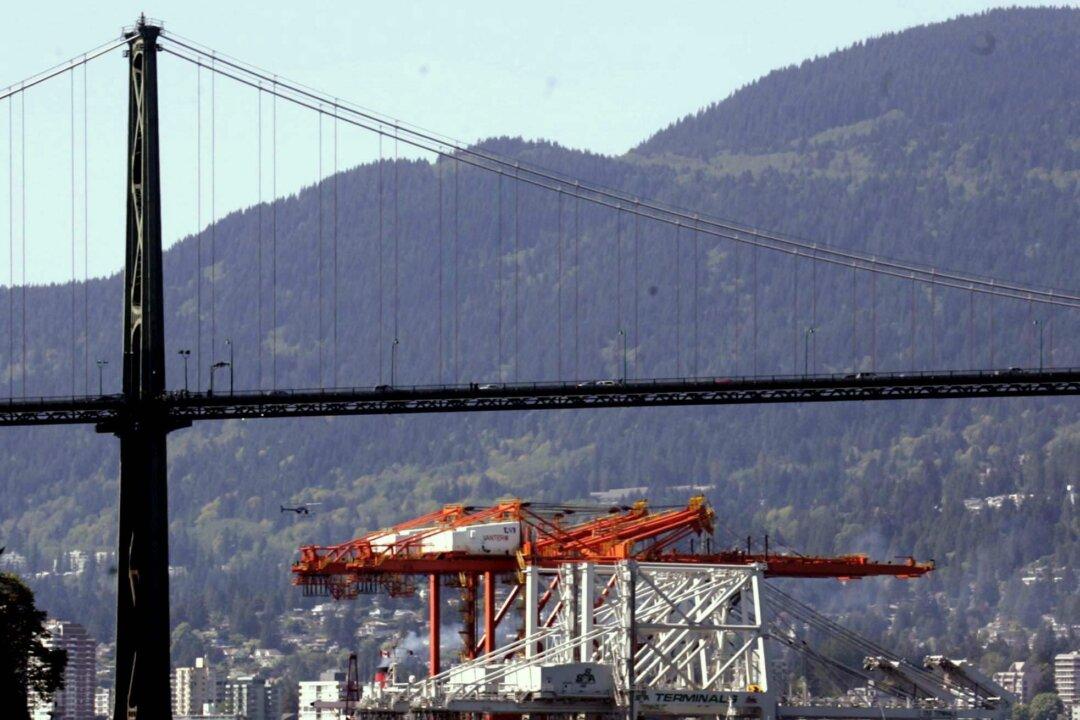NEWS ANALYSIS
As NAFTA negotiations with the United States show slow progress, a new survey shows that more Canadians want to increase trade relationships beyond the United States, with Europe and the U.K.—jurisdictions with similar democratic institutions as Canada—taking the top spots.China takes the fourth spot as the trade partner of choice, a finding similar to periodic surveys in recent years showing a decline in Canadians’ interest in free trade with China.





